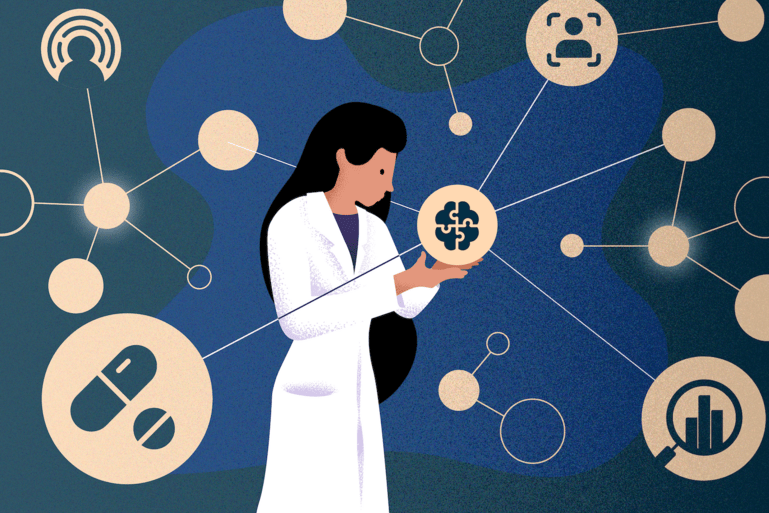For Boyce, who has worked in the mental health field for nearly two decades, one of the most exciting features of the project is the scale of the collaboration.
“The science of mental health is very complex,” he says. “And to understand it and move it forward, we need to have a lot of information and hear a lot of different voices.” »
In addition to encouraging international collaboration among researchers using this resource, “GALENOS is itself a large collaborative project,” says Boyce. “This involves researchers from all over the world and from different specialties, including lived experience. »
The project was co-developed with MQ Mental Health Research, a charity that advocates for patient and public participation in research. A Global Experiential Advisory Councilmade up of people who have experienced mental health problems, supervises every aspect of the project.
“It’s important for GALENOS to co-produce everything with people with lived experience,” says Tate Kambeu, vice chair of the Global Experiential Advisory Board.
It strives to ensure meaningful collaboration between researchers and individuals with expertise in lived experience.
“People with lived experience will be involved in choosing questions and developing protocols for living systems reviews, assisting with data analysis and writing up research findings,” says Kambeu.
It is through this collaboration, Kambeu explains, that “mental health research can speak directly to and respond to the people it aims to support.”
“The collaboration between these two groups ensures a more person-centered approach to mental health research rather than a largely theoretical model. This paves the way for a more empathetic system,” she says.
Kambeu hopes GALENOS will set an example for others and encourage more researchers and organizations to include people with lived experience expertise on their teams.
And, for people with lived experience, she hopes GALENOS will encourage them to use their voice to make positive changes in mental health research.
